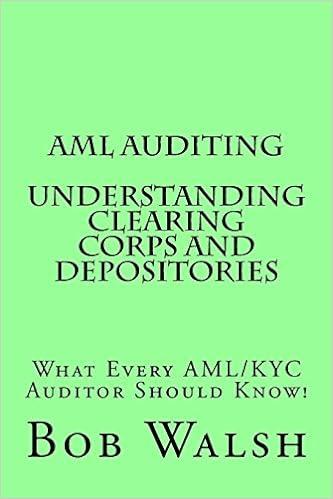16. After a person has exhausted their remedies in all of the state courts, they have an absolute right to get the case heard by the U.S. Supreme Court and the U.S. Supreme Court must take the case if it involves First Amendment issues. 17. A statutory law that benefits in-state business and burdens out of state business is most likely to be challenged on the grounds that it violates the Fourth Amendment of the U.S. Constitution. 18. State court systems do not consider issues related to the U.S. Constitution all Constitutional issues are left exclusively up to the federal court system 19. In the State of Maryland, the Court of Special Appeals is one of the basic entry level trial courts. 20. State law governs matters related to bankruptcy 21. The main reason lawyers choose to go to state courts rather than federal courts is that state courts are more likely to rule for the Plaintiff and that only state courts have a jury system. 22. One form of "alternative dispute resolution" is early case evaluation. 23. The CISG was set up primarily to regulate the sale of goods between businesses in the United States. 24. The Plaintiff could use the legal argument against the Defendant of "negligence per se" 25. In a "contributory" negligence state, if the Plaintiff is negligent the Defendant wins the case. 26. A "tort" is an intentional wrongful act which causes harm. 27. It is the responsibility of the court to get the civil summons to the Defendant. 28. If there is a foreseeable risk of harm to another person, you may be liable for the hamn that is caused by your action 29. The only way to take a case to the Federal Court is if there is a "federal question". 30. Modern law would define "arson" as the burning of the dwelling of another in the nighttime. 31. "Common law" in general refers to law made by the legislative body 32. To issue an arrest warrant a Judge must be satisfied "beyond a reasonable doubt" that the person committed the crime. 33. The crime of "extortion" is defined as the taking of property of another by force. 16. After a person has exhausted their remedies in all of the state courts, they have an absolute right to get the case heard by the U.S. Supreme Court and the U.S. Supreme Court must take the case if it involves First Amendment issues. 17. A statutory law that benefits in-state business and burdens out of state business is most likely to be challenged on the grounds that it violates the Fourth Amendment of the U.S. Constitution. 18. State court systems do not consider issues related to the U.S. Constitution all Constitutional issues are left exclusively up to the federal court system 19. In the State of Maryland, the Court of Special Appeals is one of the basic entry level trial courts. 20. State law governs matters related to bankruptcy 21. The main reason lawyers choose to go to state courts rather than federal courts is that state courts are more likely to rule for the Plaintiff and that only state courts have a jury system. 22. One form of "alternative dispute resolution" is early case evaluation. 23. The CISG was set up primarily to regulate the sale of goods between businesses in the United States. 24. The Plaintiff could use the legal argument against the Defendant of "negligence per se" 25. In a "contributory" negligence state, if the Plaintiff is negligent the Defendant wins the case. 26. A "tort" is an intentional wrongful act which causes harm. 27. It is the responsibility of the court to get the civil summons to the Defendant. 28. If there is a foreseeable risk of harm to another person, you may be liable for the hamn that is caused by your action 29. The only way to take a case to the Federal Court is if there is a "federal question". 30. Modern law would define "arson" as the burning of the dwelling of another in the nighttime. 31. "Common law" in general refers to law made by the legislative body 32. To issue an arrest warrant a Judge must be satisfied "beyond a reasonable doubt" that the person committed the crime. 33. The crime of "extortion" is defined as the taking of property of another by force







